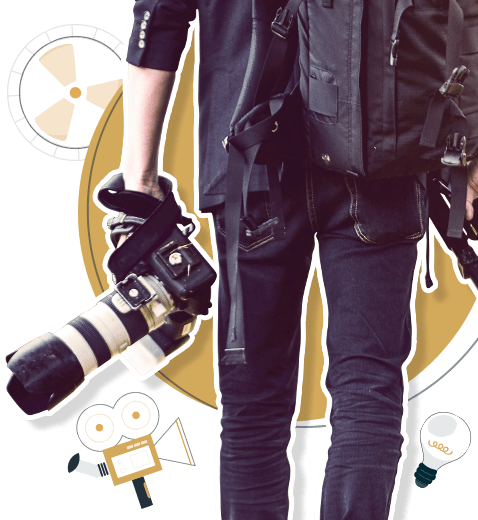Centre for Visual & Performing Arts
There was a time when every child from a middle-class home went to either a music or dance class. They took part in school skits or learnt to draw and paint. Every child invariably knew the folk song of the region or a bhajan and took part in folk dance in community festivals-gatherings. It was part of one’s life. When it became part of the school time table, it was called the co-curricular. Over the years, the structure of society changed, the idea of education changed, schools got re-organised into class categories, multi-channel television became the dominant voice of drawing rooms, and gradually co-curricular transformed into a hobby, something that you do if you have the ‘free time’. With it, engagement with the ‘local’ or the ‘here and now’ of our cultural spaces moved to the periphery. Education subsequently was flagged as job-oriented and the absence of tangible benefits had little use.
In the bargain, we lost our collective unconscious — our languages, local art forms, richness of folk, handlooms and handicrafts. The Arts built bridges between people and ideas, it also represented the journey of a society and a nation. It gave us the ability to imagine a shared world and respond to human and civilizational crisis. If M.S. Subbalakshmi’s music was Carnatic excellence to some, it was spiritual to others. To Gandhi and Nehru, it was a voice that could unite the country and lead it towards the dream of independence.
A study of the arts – music, dance, theatre, films and visual arts – provides historical and cultural perception of a country. Art is not insular, but is profoundly impacted by the socio-political happenings of the society. To study art therefore, not only holds clues to the past, but has keys to handle the future. How people and society in different periods of time want to be remembered also embodies art practices. A study of the Arts is a study in sociology, history, politics and philosophy. By its very nature, it is interdisciplinary.
The collaborative nature of Performing Arts provides students opportunities to engage the mind, body and emotions. It helps them discover their own voice, develops confidence, and encourages them to act as ethical and responsible participants in citizenship. While the arts themselves overlap each other, it is also a study into histories, geographies, anthropologies, linguistics, cultural studies, feminisms, politics and patronage. How all these coalesce into creating the creative is a fascinating experience. Today, with technology at its peak, performing arts has entered an exciting phase – it offers new possibilities and provides access to the past and memory like never before.
The Centre is interested in the knowledge systems that constitutes the Arts as well as practise-based research. It aspires to focus on socially relevant and participatory practices and encourages projects that investigate the nature of art and society. For instance, Kuchipudi’s origins in a spiritual tradition, the coming together of activism, poetry and musical traditions in the ghazal, the diverse traditions of theatre that stemmed from mythology, religion, folk, politics and contemporary issues – the world of creative encounters the real.
The Centre believes in collaborating with the top cultural institutions, art and theatre schools, music sabhas, repertories, archives, major national and international festivals, museums, art galleries where our students will intern, and will also use their expertise to host workshops, lecdems, conferences, and residencies. Leading performing artistes and scholars will be brought to the Centre for guest lectures. The Centre will offer a range of certificate courses, short term courses, and weekend programmes that will provide intense learning opportunities to students and the community. Students who register for their doctoral studies will be able to work under practitioners who are also subject experts. The RV Institution, with its commitment to culture and the arts, will make the Centre a vibrant space of thought and action. Our courses are structured in a way that will offer sensory experience as well as aesthetic-stylistic and political-cultural awareness. We hope to facilitate critical thinking of cultures, both global and local. In the initial two years, the centre will build a strong culture of ‘thinking’ through master classes, workshops and lecdems. Once we create an ecosystem, the Centre will launch its Master’s programme which will be interdisciplinary in nature.
After this insightful and solid grounding, there is little doubt that our students will be able to find before them an array of career possibilities. Some of them are:
- Critics/writers
- Performers
- Festival curators
- Museum curators
- Institution Founders
- Therapists
- Arts administrators
- Stage Managers
- Broadcast presenters
- Teachers
- Choreographers
- Community Art workers
- Scenographers
- Lighting designers
- Screenwriters / Scriptwriters
- Sound Designers






